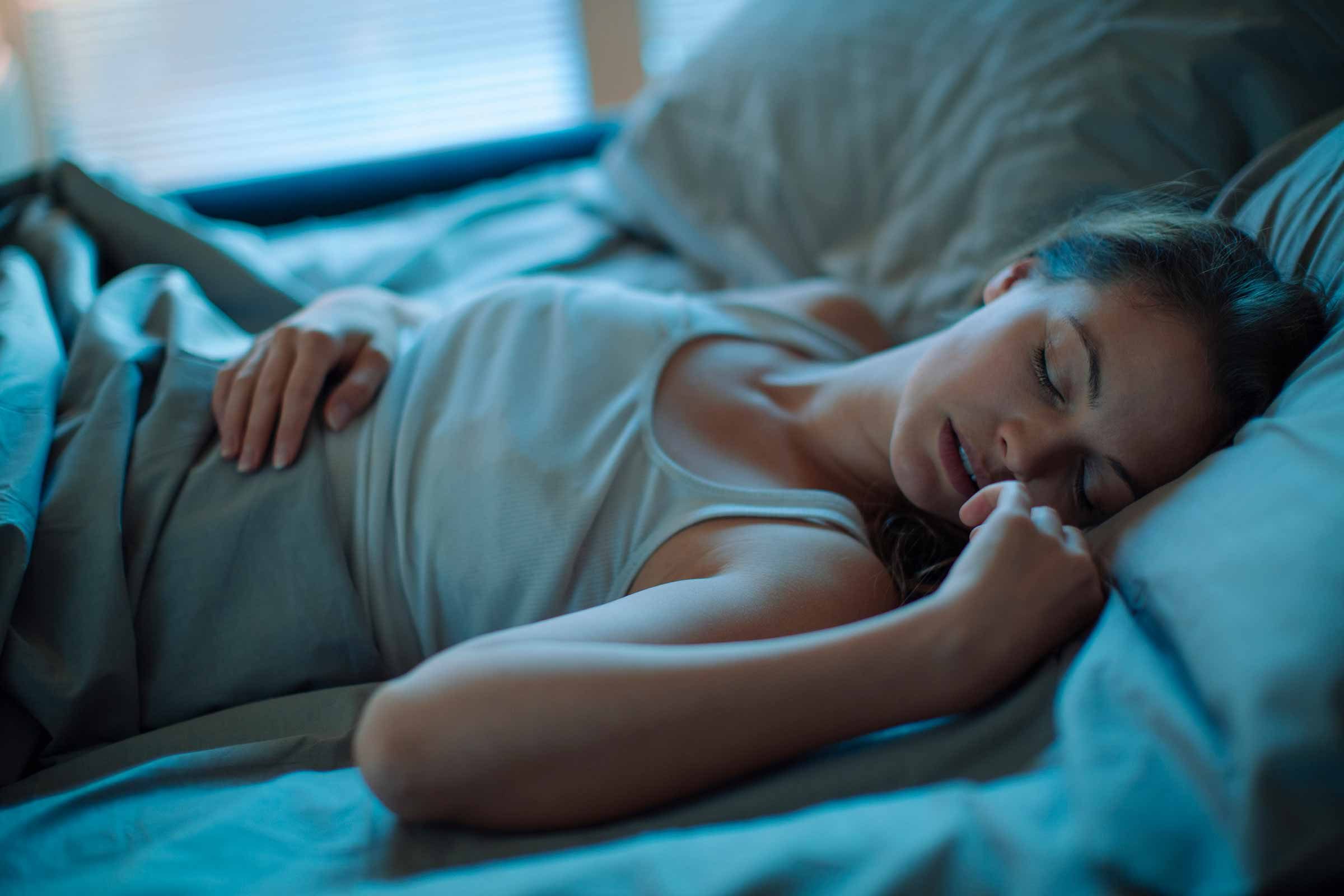
While it may seem like losing sleep isn't such a big deal, sleep deprivation has a wide range of negative effects that go way beyond daytime drowsiness. Lack of sleep affects your judgment, coordination, and reaction times. In fact, sleep deprivation can affect you just as much as being drunk.
The effects include:
Fatigue, lethargy, and lack of motivation
Moodiness and irritability; increased risk of depression
Impaired brain activity; learning, concentration, and memory problems
Reduced creativity and problem-solving skills; difficulty making decisions
Inability to cope with stress, difficulty managing emotions
Premature skin aging
Weakened immune system; frequent colds and infections; weight gain
Impaired motor skills and increased risk of accidents; hallucinations and delirium
Increased risk of serious health problems including stroke, diabetes, high blood pressure, heart disease, Alzheimer's disease, and certain cancers
How sleep deprivation can add to your waistline
Ever noticed how when you’re short on sleep you crave sugary foods that give you a quick energy boost? There’s a good reason for that. Sleep deprivation has a direct link to overeating and weight gain.
There are two hormones in your body that regulate normal feelings of hunger and fullness. Ghrelin stimulates appetite, while leptin sends signals to the brain when you are full. However, when you don’t get the sleep you need, your ghrelin levels go up, stimulating your appetite so you want more food than normal, and your leptin levels go down, meaning you don’t feel satisfied and want to keep eating. So, the more sleep you lose, the more food your body will crave.
How to get the sleep that you need
Whether you're looking to resolve a specific sleep problem, or just want to feel more productive, mentally sharp, and emotionally balanced during the day, experiment with the following sleep tips to see which work best for you:
Rule out medical causes for your sleep problems. A sleep disturbance may be a symptom of a physical or mental health issue, or a side-effect of certain medications.
Stick to a regular sleep schedule. Support your biological clock by going to bed and getting up at the same time every day, including weekends.
Get regular exercise. Regular exercise can improve the symptoms of many sleep disorders and problems. Aim for 30 minutes or more of activity on most days—but not too close to bedtime.
Be smart about what you eat and drink. Caffeine, alcohol, and sugary foods can all disrupt your sleep, as can eating heavy meals or drinking lots of fluids too close to bedtime.
Get help with stress management. If the stress of managing work, family, or school is keeping you awake at night, learning how to handle stress in a productive way can help you sleep better at night.
Improve your sleep environment. Keep your bedroom dark, quiet, and cool, make your bed attractive.
Develop a relaxing bedtime routine. Avoid screens(too much television or phones) , work, and stressful conversations late at night. Instead, wind down and calm your mind by taking a warm bath, reading by a dim light, or practicing a relaxation technique to prepare for sleep.
Postpone worrying. If you wake during the night feeling anxious about something, make a brief note of it on paper and postpone worrying about it until the next day when it will be easier to resolve.

No comments:
Post a Comment